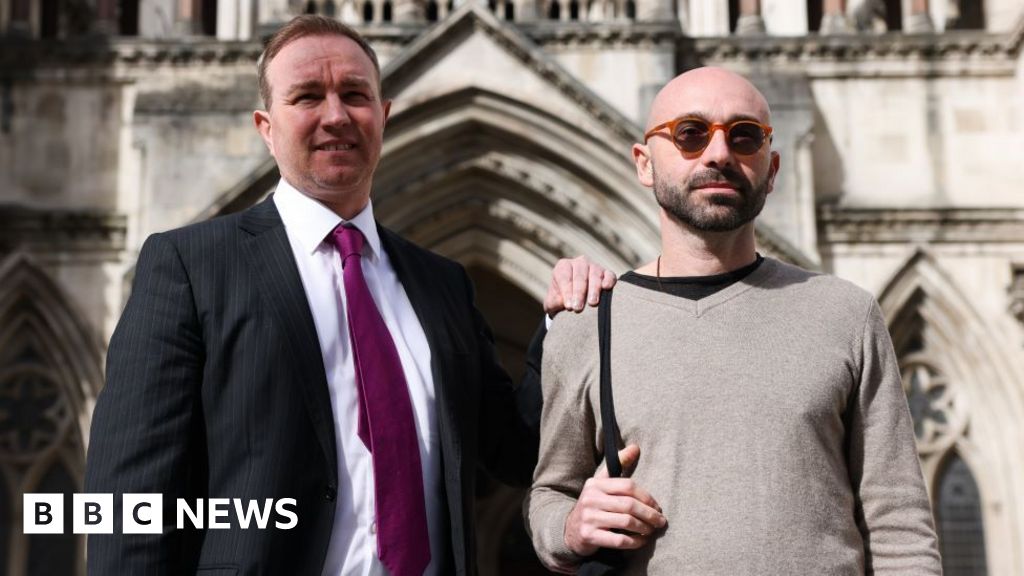The Supreme Court is set to deliberate on the cases of Tom Hayes and Carlo Palombo, two former city traders convicted of manipulating interest rate benchmarks like Libor and Euribor. Their convictions could be overturned, potentially invalidating all related guilty verdicts from nine criminal trials if the Serious Fraud Office (SFO) opposes it. Hayes was the first banker jailed for this offense in 2015, receiving a 14-year sentence for his role as a “ringmaster” in a fraud conspiracy.
Evidence has surfaced suggesting that central bankers and government officials were also involved in similar manipulations but faced no charges. Critics, including prominent politicians like former Shadow Prime Minister John McDonnell, argue that the two traders are being scapegoated for broader systemic issues.
The legal focus is on whether judges misled juries about the legality of the traders’ actions. The outcome could prompt further public inquiries into central banks’ roles during the financial crisis, as numerous documents have revealed significant pressures to influence interest rates.
In a unique twist, a U.S. Court of Appeals has declared that such conduct was not criminal, contrasting sharply with the ongoing convictions in the UK. The SFO maintains the traders’ actions were fraudulent, despite defense claims that their decisions were standard practice in banking.
Hayes and Palombo await the Supreme Court’s decision, which could dramatically alter the landscape of banking regulations and accountability regarding interest rate manipulations.
Source link


